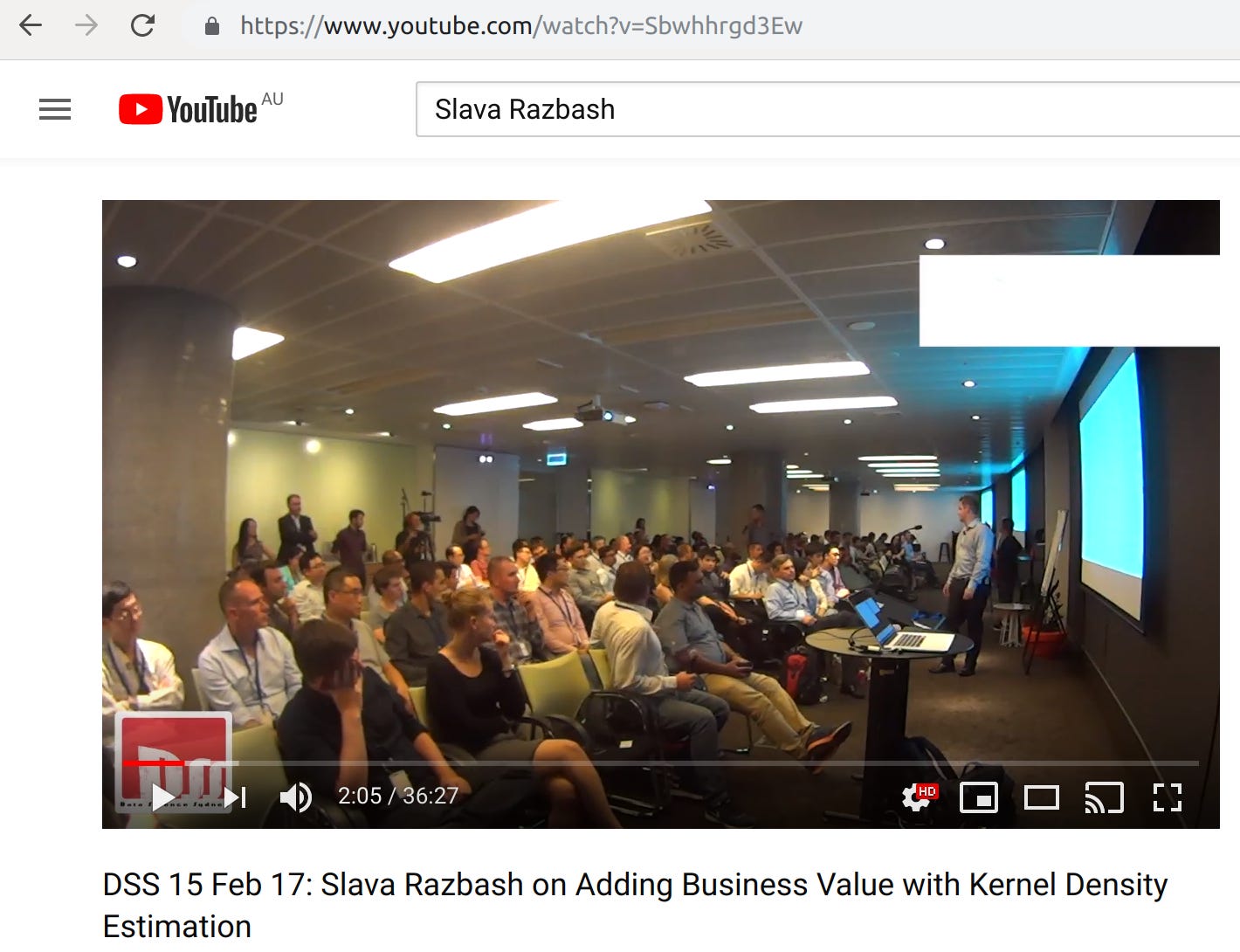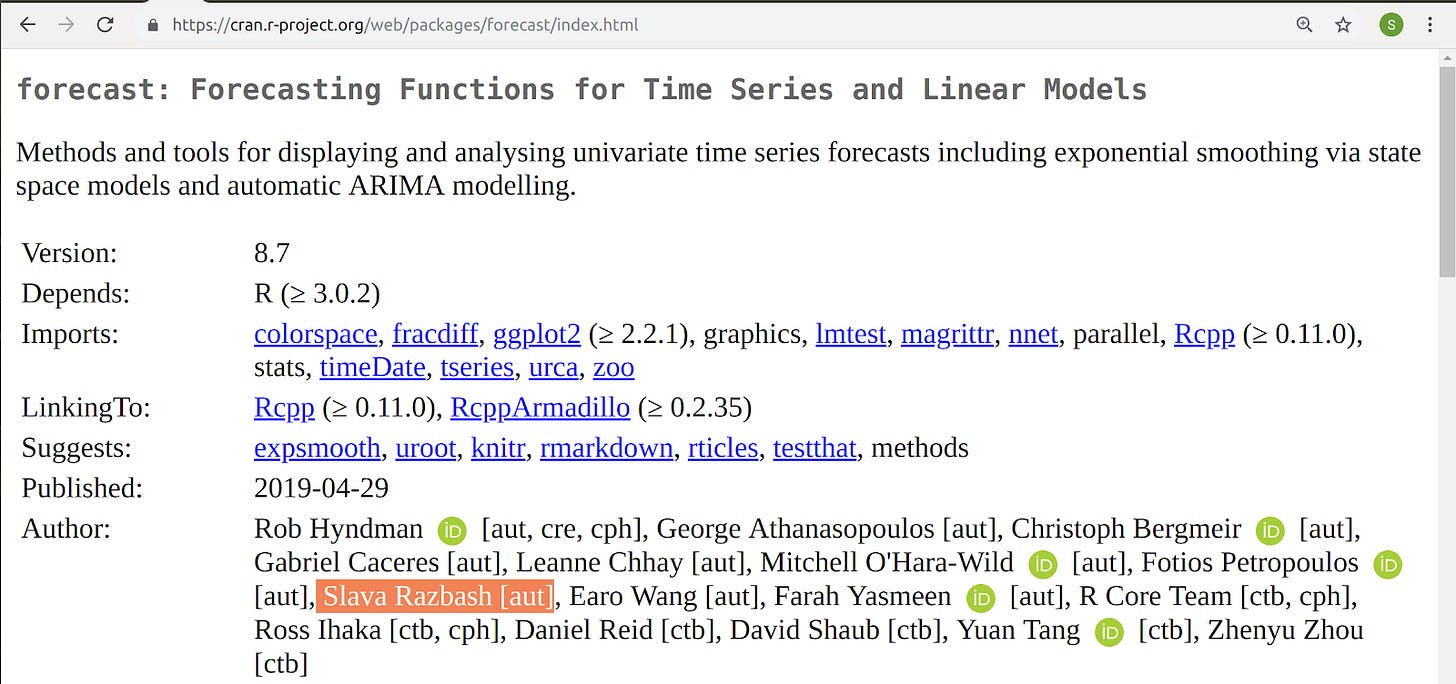Data Science Secrets that no mentor dares to mention
I share my experience, know-how, deep insights and war stories - All gained through 12 hard years of a professional data science career
You might feel that there is nobody on your team who “gets it”. Management hands you a task and nudges you in the wrong direction. Your employer did not hire anyone who can truly mentor you and teach you the profession
Many data science projects under-perform because they are railroaded into a no-brainer approach - which is out of touch with the problem that needs to be solved.
You won’t do your best work when your project has been railroaded down the wrong track - and you will feel bad too. Your morale will drop. You will miss promotions. And you won’t have the confidence to perform in job interviews with other employers.
You know that real world problems are not standardised. Most training materials focus on solving standardised problems, with standardised tools.
Most courses/videos/articles - even the expensive paid ones - are created by individuals who are just starting their career. Most university courses and books are written by individuals who have never worked outside of the theoretical environment of a university.
You need an experienced data scientist in your corner. You need someone to show you alternative perspectives that you have never seen before. You need someone to teach you how to “get it”.
I am sharing my unique know-how, experience, deep insights and war stories - to supercharge your career - and propel you into the league of the highly paid senior data scientists - like myself. You will learn what your colleagues have not yet figured out and what your university professors cannot teach you.
Working as a senior data scientist can be a great career. The unique knowledge shared in this newsletter will put you on track to landing that role. Because it is written by an experienced industry professional.
My name is Slava Razbash, I have worked in data science roles since 2011. I’ve solved a lot of data science and machine learning engineering problems. And I have helped a lot of my friends and colleagues. Sometimes ex-colleagues ask me for advice long after I have left the company. But now I’m sharing my experience and knowledge with you - to help you become a top data scientist. Now you can learn from me too.

I have worked in some of Australia’s largest companies, including Commonwealth Bank of Australia (Australia’s largest bank), Sportsbet (Flutter Entertainment), Tabcorp (multinational gambling business), Coles (one of Australia’s two largest supermarket chains) and AGL (one of Australia’s largest energy companies).
I have contributed to the famous forecast R package - used for time-series forecasting by multinational companies. One of my contributions was implementing the TBATS model - one of the first time-series models with multiple, non-nested, seasonal periods.

Reading my newsletter will give you the advantage that you need to grow your data science career.
What is every data science tutorial missing?
Tutorials, code examples and talks focus on how to solve a specific problem. The presenter will show you how they solved their specific problem. But they won’t give you a deeper insight into what they are actually doing under the hood. They might be good scripts to get you started, but you need to learn to walk on your own two feet.
Articles in this newsletter will also give you a deeper understanding of certain concepts. So that you can learn to find your own feet - not just follow scripts.
What’s missing from my work experience?
You might be thinking that racking up years of work experience will teach you everything that you need to know about data science. Job advertisements do set a minimum number of years of experience. But you need exposure to new perspectives.
You need exposure to alternative ways of thinking about the problem. I have seen data scientists confidently implement a sub-optimal approach - just because they could not fathom that there is any alternative. Hence you need a new way of thinking about data science problem - perspectives that differ from the dogma.
Some people have tried relying on a mentor in their workplace to help them get a deeper understanding of data science.
You might have had the uncomfortable experience where a mentor in your workplace tells you “how to” do something, but leaves out a critical detail. Once you have completed the task, he/she reveals why your work is wrong… “Did you filter on plntd_dt?” ….You don’t recall any mention of that column in your prior conversations.
Your in-house mentor is not going to get promoted by making you look good. Year-end performance reviews rank all employees within the team. Those “above average” performance ratings are highly competitive.
Your company might be on the wrong track. Sometimes our whole industry goes down the wrong track. Everyone in your company will hold their tongue. LinkedIn posters will hold their tongue. YouTubers will hold their tongue. Most people in our industry are scared of being cancelled. I will call out what you should stay away from and keep you safe.
You need an insider’s guidance
You are probably striving to be the best that you can be in your career. Like the rest of us, you probably seek out opportunities to level up. But you might have been missing an insider’s guide on what to learn next.
Journalists have hyped data science as the sexiest career of the 21st century. But they always neglect to mention the difference between an ordinary “data scientist” and highly paid senior data scientists. Most articles are written by outsiders.
Would you take swimming lessons from a coach who couldn’t swim? Don’t take data science up-skill advice from people who have never worked as data scientists.
Why won’t my employer “develop” me?
Some people try to rely on their employer to provide them with training and grow their career. They hope that their manager will set aside time and budget for their training and development. It sounds like a good idea. It’s in their yearly performance plan. But I have seen middle managers announce that a few days of training is too long for the team to be unproductive. Especially for non-favourite team members. (They do have favorites.)
Your manager’s performance is assessed on how well his/her team delivers the work - not your future career progression. You were hired into your current role because you can do the work required in the current reporting period. It’s up to you to develop your own future.
In data science, you must keep learning or you will fall behind. What you learn today could get you across the line in your next job interview. The job market is “hot” today. Now is the time to get that higher paying job.
If you sleep on your self development today, someone else will take your dream job. Especially in January, when there is usually a flurry of new roles advertised.
You are on a journey - I’ve taken it too
I was like you - learning data science, while building a data science career. I bounced around lots of different resources and niches. On this journey, I found that certain skills and concepts took me further than others.
I eventually became the highly paid senior data scientist that all of the magazine articles allude to. It was nowhere near as easy as those articles suggest. Probably less than 10% of data scientists will reach the “highly paid” bracket. The rest are just working a regular job.
My resume includes Commonwealth Bank of Australia (Australia’s largest bank), Sportsbet (Flutter Entertainment), Tabcorp (multinational gambling business), Coles (one of Australia’s two largest supermarket chains), AGL (one of Australia’s largest energy companies), Western Power (the power grid around Perth, Australia and surrounds) and Monash University (one of Australia’s prestigious Group of Eight universities). For more details, reach out to me on LinkedIn.
How does it work?
Greater knowledge leads to greater career wins. Data science is a career where you must always keep learning.
But the trick is to learn the right things, from the right person. A professor who has never worked in industry can send you in the wrong direction. On the other hand, a mentor who doesn’t have a deep knowledge of data science can’t teach you the rare skills that employers crave.
Therefore, you need a teacher who both has a deep knowledge of data science AND extensive industry experience. That teacher is me.
I will send you articles through this newsletter, Professional Data Science. The topics will include industry know-how, mathematical concepts and how they are relevant to you, specific techniques and skills, data scientist job interview help, and a few posts regarding the current political landscape.
By reading this newsletter, you will be better prepared to handle whatever your career throws at you.
Subscribe with your email address to receive the articles as soon as they come out - it’s free at the moment. The latest updates will be delivered to your inbox. Enter your email address then click on the “subscribe”. Because then you will receive the latest updates as soon as they come out.
This newsletter has the potential to supercharge your career. I share some unique insights that nobody else dares to mention. But don’t think that I can turn anyone into a highly paid senior data scientist. Becoming a highly paid senior data scientist requires hard work and deep thought. It’s not for everyone. (Just like every profession is not for everyone.)
I’ll give you the best chance. You have the following options.
Option 1: Cruise in your current role until you find something that you keep thinking about in your spare time as well.
If learning additional data science skills in your spare time feels like a chore, then this might not be the profession for you. You might prefer something else.Option 2: Spend way too much time filtering through the junk and the good stuff on your own.
You could figure out what works and what doesn’t on your own - but it will take you much longer. You might go through the dreaded “one year of experience, ten times”. You might pick up certain books much later than you should have.Option 3: Learn from me.
If you are serious about delving deeper into data science - and becoming a highly paid senior data scientist - as fast as possible - subscribe to this newsletter for free. Because it’s the best way to keep moving forward.
As you go through your data career, you will see that there are two types of people. One type of person should be doing something else. The other type of person will eventually earn in excess of $250,000 per year from data science - if he/she is not doing so already. Which one are you? Only you can decide.
